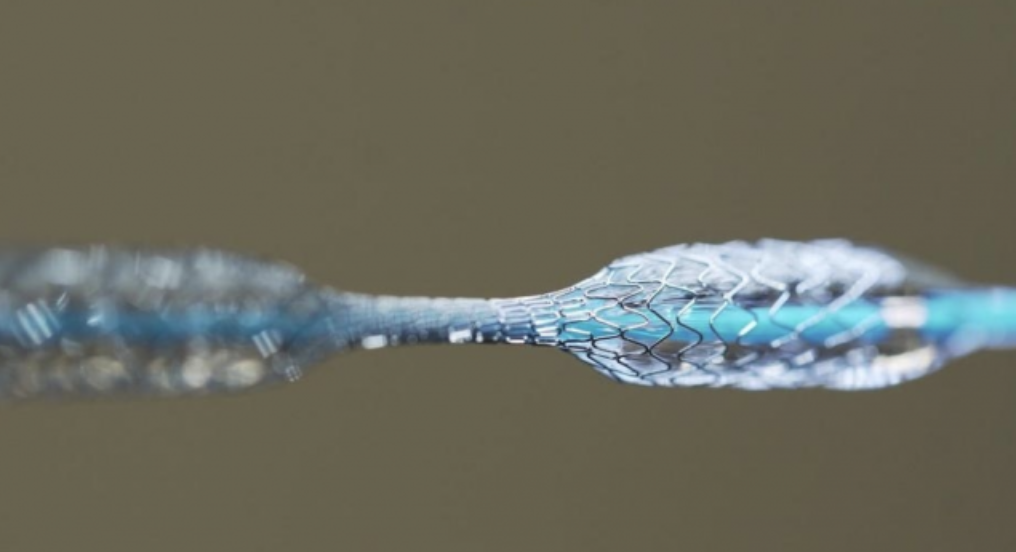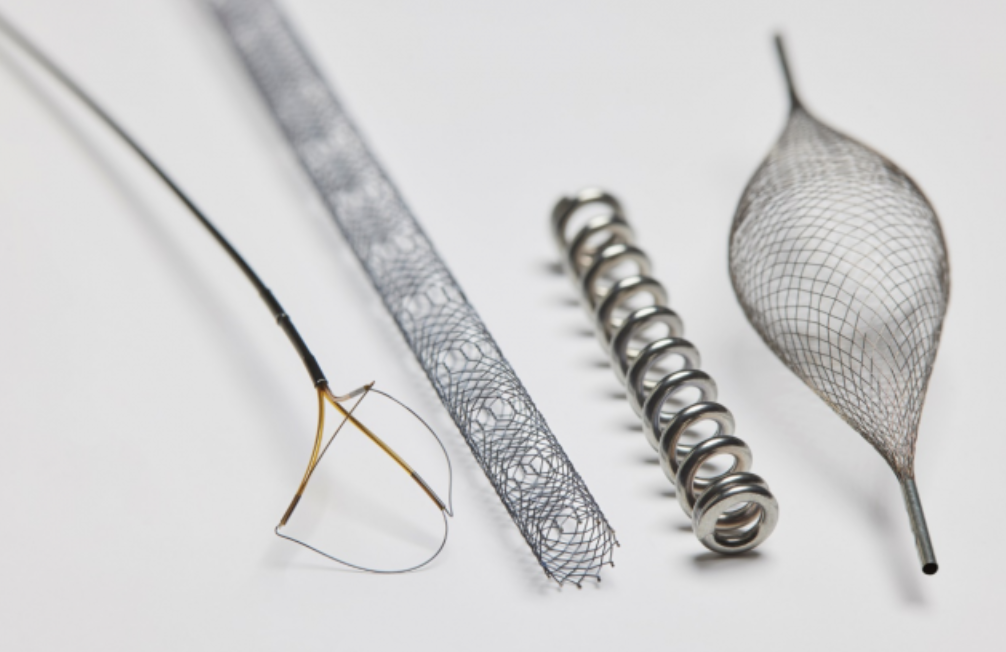The landscape of medical devices is evolving rapidly. How does Nitinol stand out?
![]() 11/27 2024
11/27 2024
![]() 368
368
The landscape of the medical device industry is constantly changing, with digitization and technological innovation accelerating the upgrading of minimally invasive surgical instruments. Tracing back to the source from a materials perspective, metallurgical processes will face more complex and stringent challenges. Besides meeting the functional requirements of medical applications, they must also ensure biocompatibility. From stainless steel to copper-based alloys and even gold-plated materials, there is a wide variety of metallic materials used in medical devices. So, why does Nitinol stand out?
Currently, Alleima Medical's Nitinol forming and processing technology has been widely applied in numerous cases, including but not limited to breast cancer biopsy markers, urinary calculus retrieval baskets, and annuloplasty rings. With continuous accumulation and refinement, it is subtly driving the innovative application of shape memory alloys in medical devices. The solutions provided by Alleima Medical not only effectively help patients overcome difficulties but also provide reliable and powerful support for medical staff and institutions.

Biocompatibility: Ensuring Long-Term Implantation without Rejection
Nitinol contains approximately 50% nickel and 50% titanium, with this ratio adjustable according to different application scenarios. Each alloy is renamed based on the weight percentage of nickel. Despite nickel's toxicity, due to the isolating effect of the titanium oxide layer, Nitinol can still be used in the human body and exhibits high biocompatibility.
'Biocompatibility is crucial for implants and other medical devices,' admits Dr. Bernd Vogel, Global Director of Technology and Innovation at Alleima Medical. 'If the surface is properly treated, biocompatibility can be further enhanced. High-quality Nitinol is sufficient to meet the standards for long-term implants.'
Shape Memory Effect: Laying the Foundation for Various Deformations and Rapid Recovery
Nitinol's shape memory effect allows it to deform under specific temperature conditions and maintain the deformed state. When heated above the transformation temperature, Nitinol can revert to its original shape.
Dr. Bernd Vogel explains, 'Nitinol can be used in medical devices that require shape adjustment based on the patient's anatomy. Typically, when using stainless steel, one might need to prepare ten different angled instruments. However, with Nitinol, only one instrument is needed to accommodate different bending angles. Furthermore, Nitinol instruments revert to a straight shape during postoperative sterilization, ready for the next surgery.'

Superelasticity: The Advantage of Nitinol
When the temperature reaches above the deformation temperature, Nitinol's superelasticity comes into play. This means it can withstand significant strain and immediately return to its original shape once the external stress is removed.
'Nitinol's superelasticity works without heating. Medical staff can compress and curl a Nitinol component, insert it into a tube, and then place it inside the patient,' adds Dr. Bernd Vogel. 'Considering the human body's lengthy and complex tubular system, medical staff must avoid causing any incisions with surgical instruments before reaching the target area. This requires the assistance of an endoscope system. As minimally invasive surgery progresses, it demands increasingly smaller diameters, longer lengths, and softer, more flexible materials for endoscopic instruments.'
'The next generation of products will employ endoscopic soft robotic technology, allowing robots to reach deeper parts of the body. This necessitates more flexible key components,' says Dr. Bernd Vogel. 'This is where Alleima Medical excels. Through our sophisticated crimping process, we can connect Nitinol components with other materials. These components will be used in these soft robots and deployed when needed at specific body locations, highlighting the indispensability of superelasticity. Conversely, traditional stainless steel cannot achieve this due to its rigidity.'
The same applies to implants. Medical staff expect implants to pass smoothly through a narrow-diameter catheter and expand 20 to 30 times their original size upon reaching the target location to function effectively. This requires the implant material to possess both stability, rigidity, and ultra-high elasticity—the strength of Nitinol.
About Alleima Medical
Originating from Sweden, Alleima is a global leader in the development and manufacturing of advanced stainless steel and specialty alloys, providing high-quality alloy materials and products for the most demanding industries. Our medical business unit, Alleima Medical, focuses on the research, development, production, and manufacturing of various high-quality precision medical wires, components, and custom Nitinol parts. Our products are widely used in advanced medical applications such as remote monitoring, cardiovascular treatment, neuromodulation, cochlear implants, biosensors, and artificial intelligence, aiming to improve people's lifestyles and save lives. We offer over 200 medical alloys and can provide personalized solutions tailored to specific needs of medical device customers.








